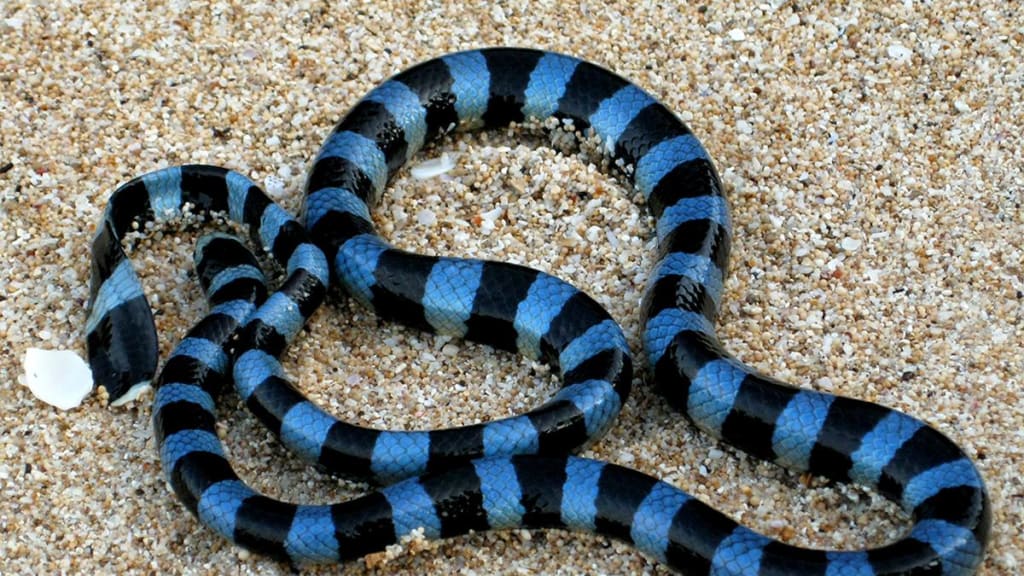IISc scientists develop synthetic antibody to neutralise deadly snake bite toxin
IISc scientists

According to IISc., the team adopted an approach used earlier to screen antibodies against HIV and COVID-19 in order to synthesise the new venom-neutralising antibody
Scientists at the Indian Institute of Science (IISc.) in Bengaluru have developed a synthetic human antibody that can neutralise a potent neurotoxin produced by the Elapidae family of highly toxic snakes, which includes the cobra, king cobra, krait and black mamba.
According to IISc., the team adopted an approach used earlier to screen antibodies against HIV and COVID-19 in order to synthesise the new venom-neutralising antibody. “This is the first time that this particular strategy is being applied to develop antibodies for snakebite treatment,” said Senji Laxme R.R., PhD student at Scripps Research Institute and the Evolutionary Venomics Lab (EVL), and co-first author of the study published in Science Translational Medicine.
Closer to universal solution
Researchers say that this development takes us one step closer to a universal antibody solution that can offer broad protection against a variety of snake venom.
Snakebites cause thousands of deaths every year, especially in India and sub-Saharan Africa. The current strategy for developing anti-venom involves injecting snake venom into equines like horses, ponies and mules, and collecting antibodies from their blood.
“These animals get exposed to various bacteria and viruses during their lifetime. As a result, anti-venom also includes antibodies against microorganisms, which are therapeutically redundant. Research has shown that less than 10% of a vial of antivenom actually contains antibodies that are targeted towards snake venom toxins,” said Kartik Sunagar, Associate Professor at the Centre for Ecological Sciences and joint corresponding author of the study.
The antibody developed by the team targets a conserved region found in the core of a major toxin called the three-finger toxin (3FTx) in the elapid venom. Although different species of elapids produce different 3FTxs, a handful of regions in the protein are similar. The team zeroed in on one such conserved region – a disulphide core. They designed a large library of artificial antibodies from humans, which were displayed on yeast cell surfaces. They then tested the antibodies’ ability to bind to 3FTxs from various elapid snakes around the world.
After repeated screening, they narrowed down their choice to one antibody that could bind strongly to various 3FTxs. Among the 149 variants of 3FTxs in public repositories, this antibody could bind with 99.
Tests on animal models
The researchers then tested their antibody on animal models. In one set of experiments, they pre-mixed the synthetic antibody with a toxic 3FTx produced by the Taiwanese banded krait, and injected it into mice. Mice given just the toxin died within four hours. But those given the toxin-antibody mix survived past the 24-hour observation window, and looked completely healthy.
The team also tested their antibody against the whole venom of the monocled cobra from eastern India and the black mamba from sub-Saharan Africa, and found similar results. The efficacy of the antibody was found to be nearly 15 times that of the conventional product.
Crucially, when they first injected the venom and then gave the antibody after a time delay – 0 minutes, 10 minutes and 20 minutes – the antibody was still able to save the mice.
The conventional product, however, only worked well when injected alongside the venom. A delay of even 10 minutes significantly reduced the potency of the conventional antivenom.
Scientists at the Indian Institute of Science (IISc) have made a groundbreaking discovery in the fight against deadly snake bites. They have developed a synthetic antibody capable of neutralizing the toxic effects of snake venom. This synthetic antibody works like a shield, blocking the venom's harmful components from harming the body.
Snake bites are a major health concern in many parts of the world, particularly in rural areas where access to medical care is limited. Traditional anti-venom treatments can be costly and sometimes ineffective.
The new synthetic antibody offers a promising alternative. It can be produced more easily and at a lower cost compared to traditional anti-venom treatments. Moreover, it has the potential to be more effective against a wider range of snake venoms.
This breakthrough has the potential to save countless lives by providing a more accessible and reliable treatment for snake bites. The researchers are hopeful that their work will soon translate into real-world applications, helping to reduce the impact of snake bites on vulnerable communities.





Comments
There are no comments for this story
Be the first to respond and start the conversation.